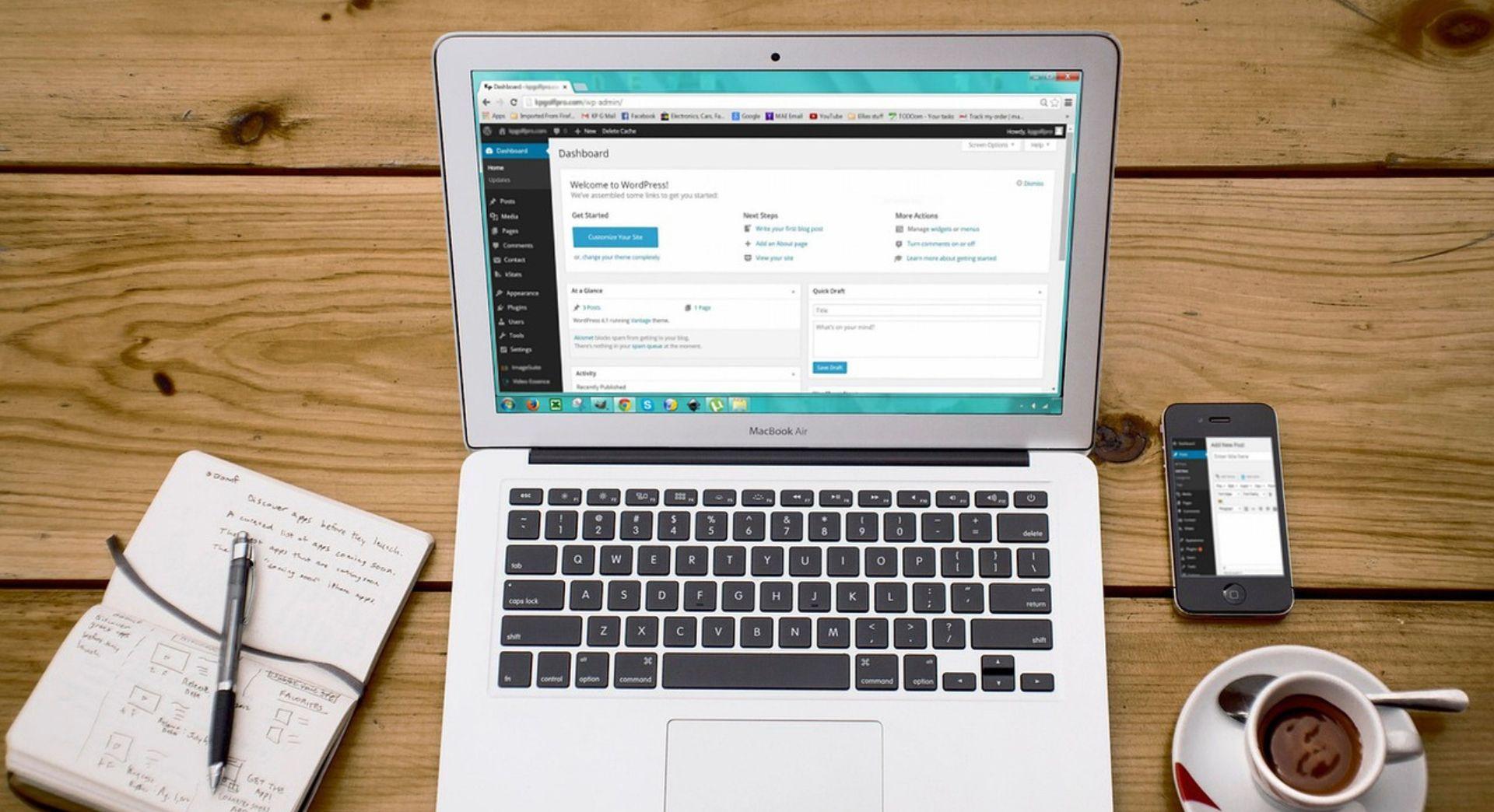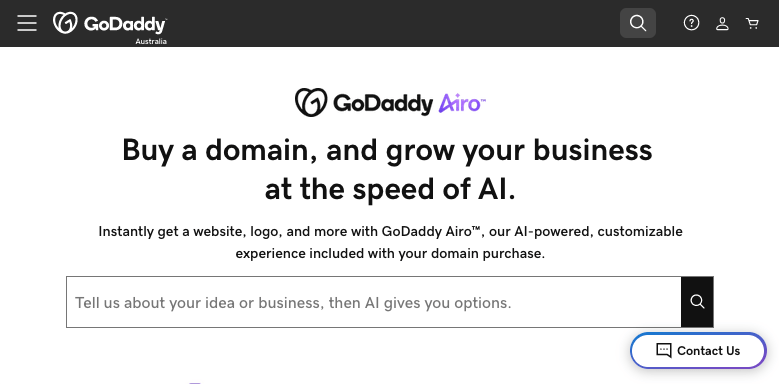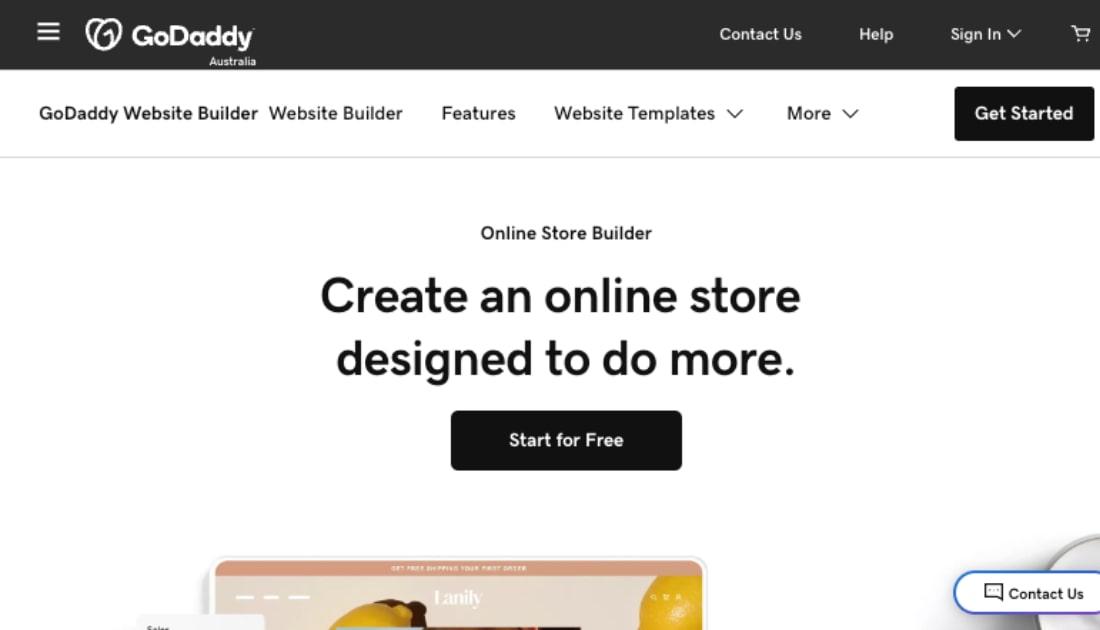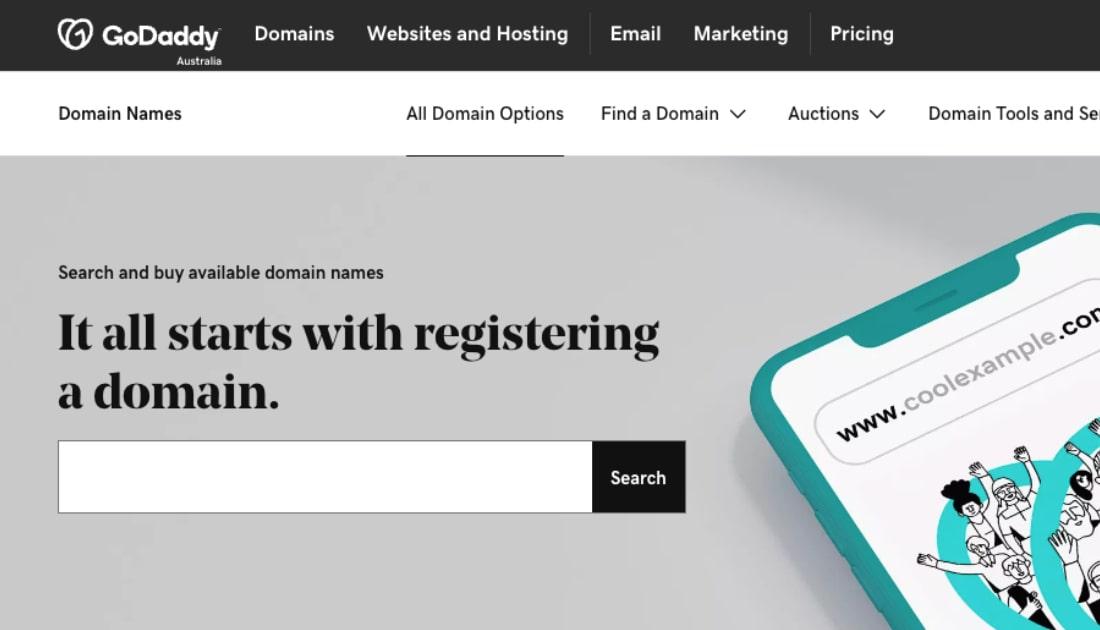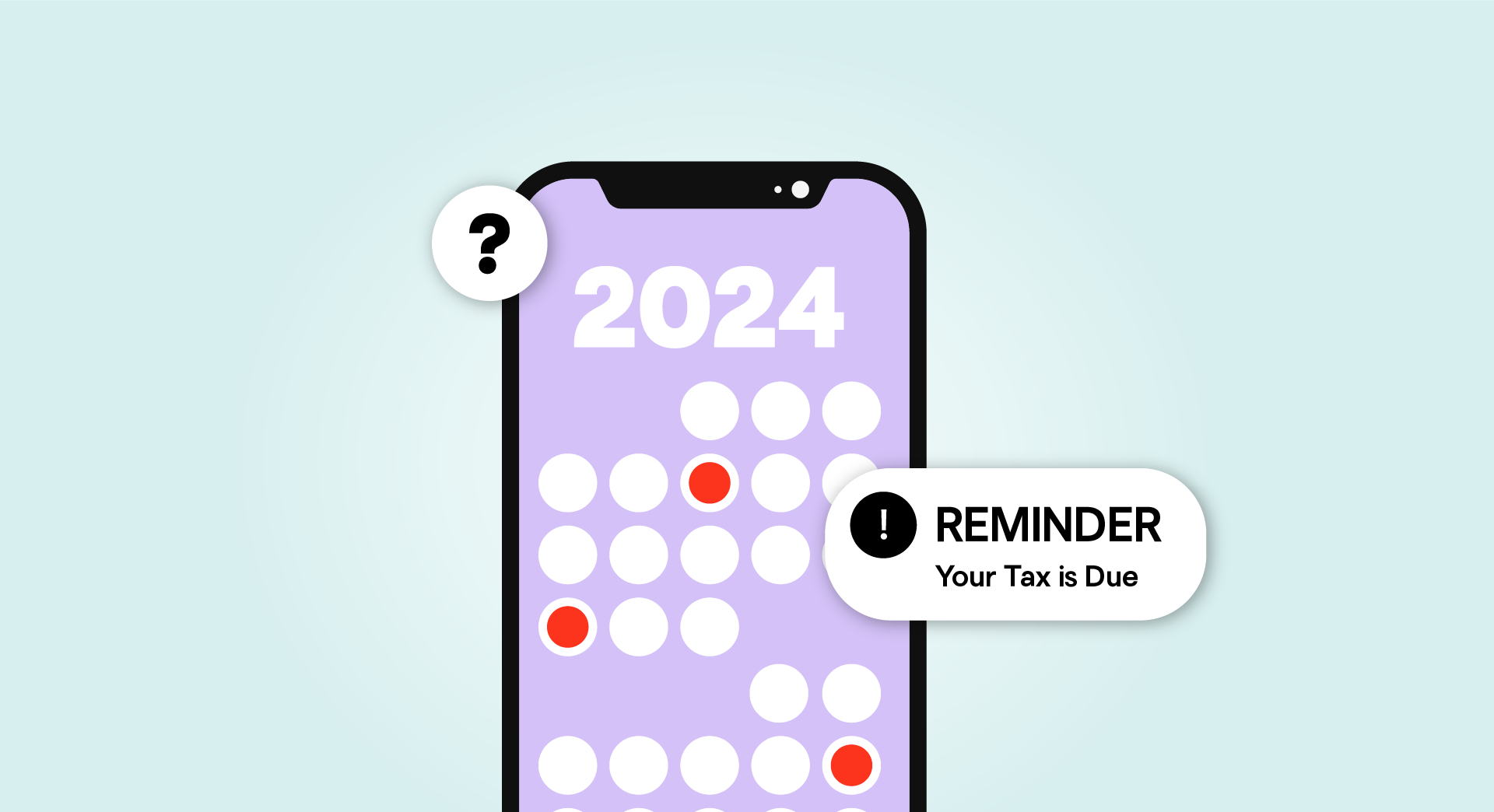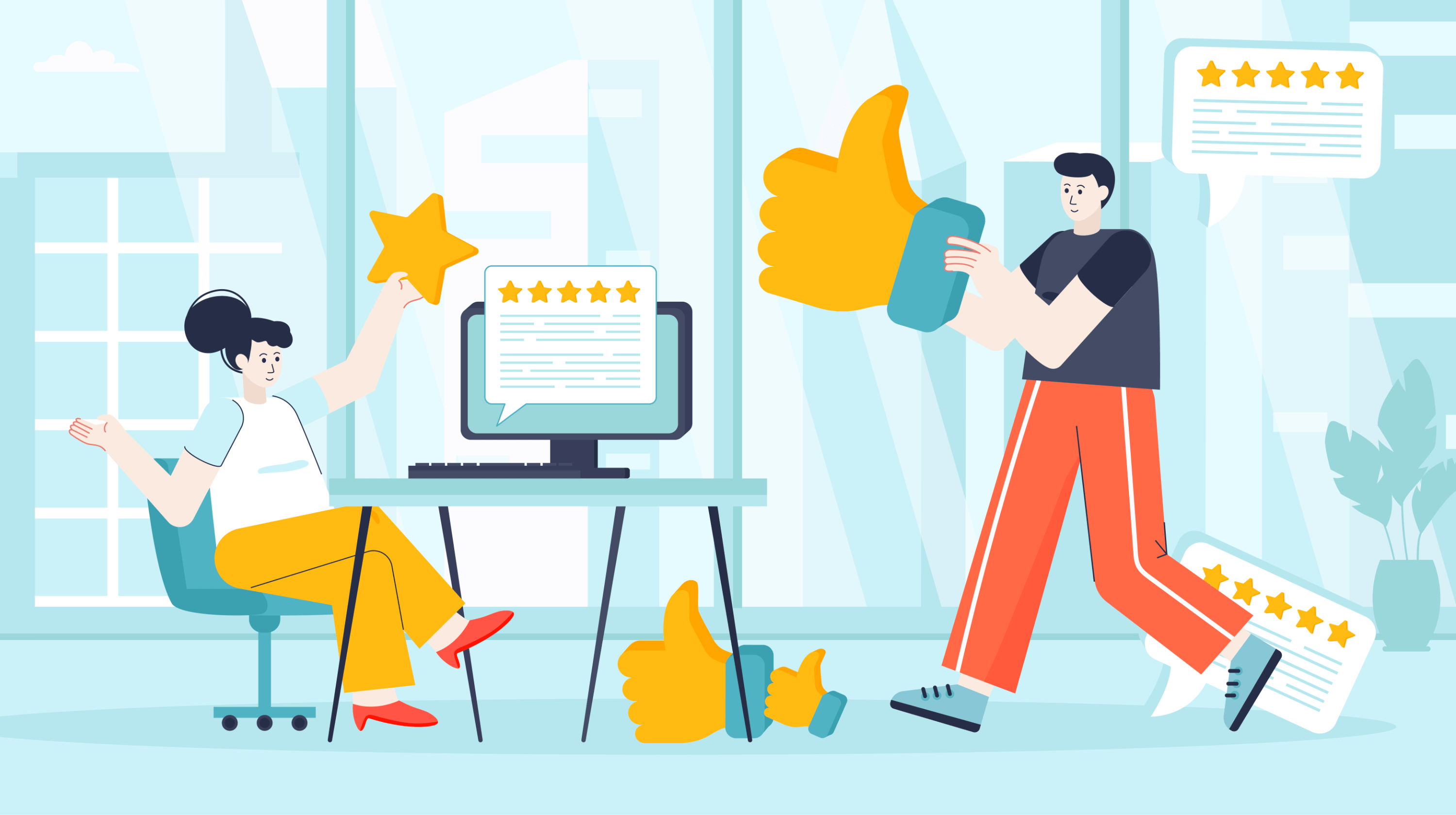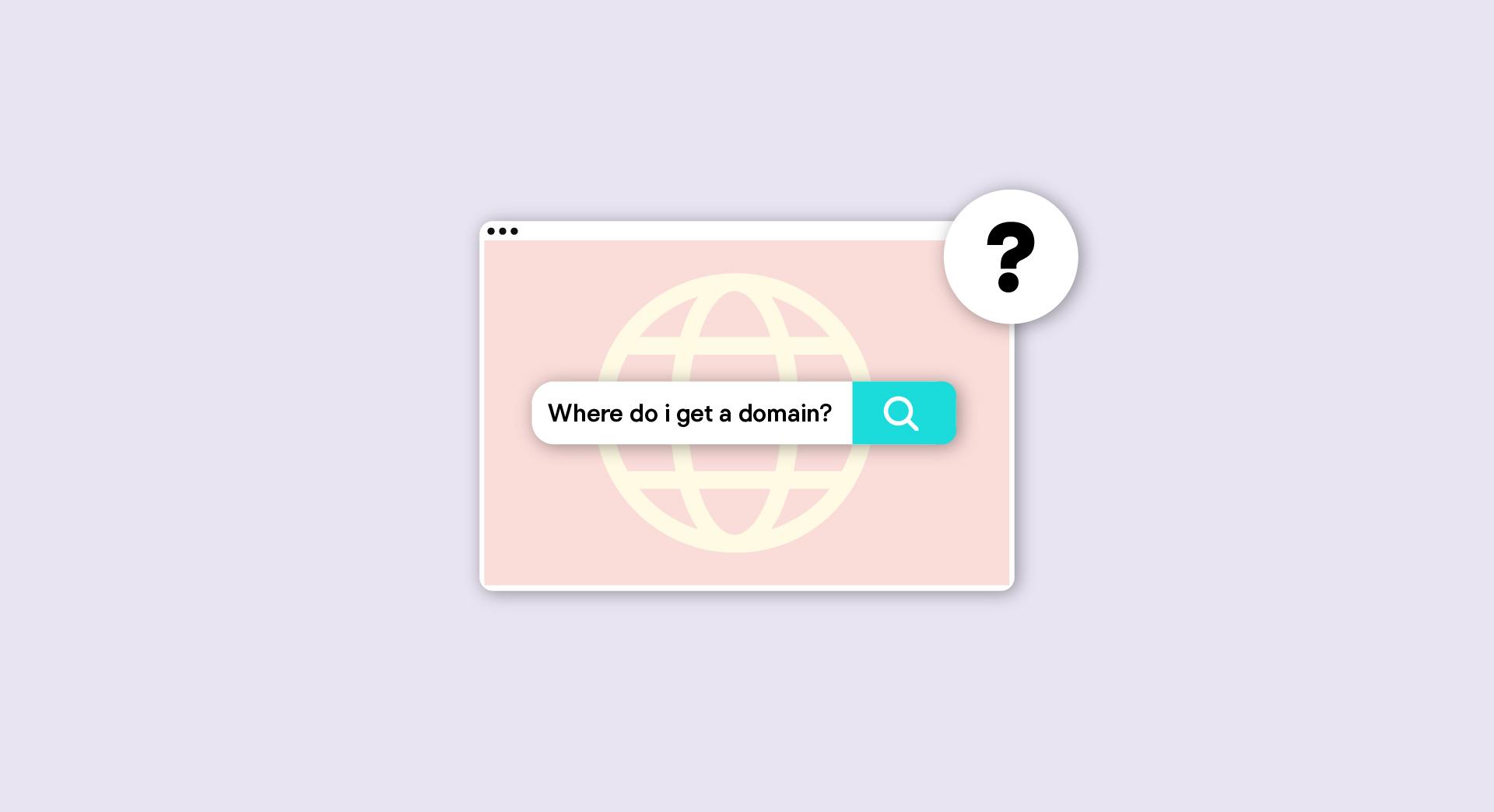If you are planning on selling online, it’s tempting to centre your entire business around social media channels.
After all, social media pages are quick and easy to set up and, in the large part, free to maintain.
Yet, putting all your eggs in a single basket has never been a smart business choice.
So, in this article, we’ll look at all the ways in which a website can complement your social media activity. Plus, we’ll bust some myths about website creation along the way.
Do you still need a website if your business is on social media?
Website vs social media: which is more important?
The answer to this question doesn’t have to be an either/or situation. It’s possible to have both.
As an entrepreneur, you might look at the usage figures of platforms like Instagram, Facebook and TikTok and wonder why you’d even consider having an online presence elsewhere.
Yet there are multiple ways a website can not only complement your business strategy, but enhance it, too.
1. A website can boost your brand’s credibility.

Setting up a social media account takes no time. But this also means that just about anyone can do it – including chancers and scammers.
Having a business website is a way of showing potential customers that there’s more to your operation.
Setting one up demonstrates subtly to potential clients that you’ve taken the care and thought to go the extra mile.
The design of your website can also serve as a refection of your brand.
A well-designed site with quality copy and imagery implies that your brand has a certain class to it, too.
2. Online shoppers do background research
Statistics suggest that 81% of online shoppers do background research before they commit to a sale.
When you come across a brand you’ve never heard of before, your natural instinct is to google it, for further information.
Imagine a consumer goggling your business and finding nothing else online. It could leave them doubting.
Now imagine that same consumer finding your website in the search engine results. It makes a much more reassuring impression.
3. Get all the information you want online

Social media platforms dictate what information you can include on your channel, where you can place it, and – often – how many words you can dedicate to each idea/topic.
With your own website, you call the shots.
Want to write a brand story page that’s 100,000 words long and includes images – do it.
Fancy adding a blog to your site so readers can get a deeper understanding of your areas of expertise? No problem.
Want to dedicate an entire page to your menu and have it beautifully designed for all to see? Easy.

You can add everything from in-depth customer testimonials to podcasts to a website, while on social media you’re restricted by the style and content stipulations of the platform.
Most social media platforms also offer a "feed"-like structure in showing content.
This means that content that has appeared earlier will be "pushed" further down your social media feed.
With your own website, you are able to curate your content and products in any way you wish.
Think of your website as your own bit of real estate, that you are able to customise for your users.
4. Enhance your brand
What’s the first colour you see when you arrive on an Instagram business page?
It’s white.
Yes, the business logo will be there, but it’s encircled in Instagram’s own brand colours of pink, purple, yellow and orange.
On your own website, you can splash you brand colours everywhere and anywhere.
There are no limits to colour, layout, or what content you can and can’t feature.
5. For some, interest in social media is waning
While millions of people across the country still use social media, some people are becoming disillusioned with it.
A recent study by Gartner suggested that 50% of people plan to limit their social media usage.
So, it’s more important than ever to avoid putting all your eggs in one basket.
6. Be easily discoverable online

Unless you are a well-known brand name with significant following, having your business only on social media limits your discoverability.
You will find that you need to mostly rely on word-of-mouth (via user sharing) to get the word out.
Given the limited control you have over your accounts on social media platforms, it will be challenging to scale your business.
Another way to be discovered online is via search engines.
With your own website, you are able to do search engine optimisation (SEO) based on your product type, geographical location - the list goes on.
Having an SEO optimised page will help you be found more easily on search engines.
People might be searching for products and services using keywords specific to your product offering within their locale.
Having a website allows you to be discovered in such instances on search engines, thereby increasing traffic and potentially business!
7. Learn about your customers and stay connected
With a website, you can gain additional insights into your customers.
From how they are finding you to what their interests are, these insights can help you create more effective marketing campaigns.
Free tools like Google Analytics and Search Console track data like SEO metrics, CTR, bounce rate, keyword rankings, backlinks and more.
You can use Google Analytics to track conversions. Some ways to do this directly on your website are when customers:
- Make a purchase
- Sign up for any email newsletter or offer you provide on the site
- Submit forms or inquiries
- Leave feedback
Having your own e-commerce website allows you to integrate all your customer data into one platform.
This allows you to track all user activities, including more understanding of your Monthly Active Users.
Monthly Active Users is a commonly used metric to count the number of unique users who visit a site within the past month. This can be an important indicator of potential profitability of your website.
When you sell on social media, you may not have access to the same data, making it difficult to learn about your customers. This can affect your company’s growth and how you connect with customers.
8. Sell services online

At the moment, you can only set up an Instagram shop for physical goods, meaning that if you’re offering digital or consulting services, you can’t sell via their platform.
Taking bookings can be fiddly through the likes of Instagram, too, as you have to integrate third party services into your account.
Accepting bookings through your own website means that you avoid the cost of these additional services and have total control over the type and timings of the bookings you take.
9. Control the narrative
You can only control your own feed on Instagram. Yet, comments and interactions are harder to regulate -- all it takes is one unreasonable review to disrupt the equilibrium of your curated site.
10. Be wary of statistics
Not all social media users are necessarily buyers – recent research by Sprout Social indicates that just 29% of Instagram users make purchases through the site.
Whilst this figure still represents a massive market, it’s important not to take every stat at face value and dig into the figures that matter to you most.
11. It’s easier, faster and cheaper to set up a website than you might think
Many entrepreneurs are put off by the idea of building a website.
These are the common myths associated with setting up a site…
- It’ll be too time consuming.
- It’ll cost too much money.
- You need to be technically minded or good with computers to create a site.
Yet all of the above are myths.
When you buy a domain name with GoDaddy, you get free access to GoDaddy Airo™, an AI-fuelled experience that will help you design both a simple website and a custom logo in moments.
You can replace images, play around with layout, and edit the copy on this site if you like, but essentially it should be good to set live.
To start selling through your site, you can just upgrade to Online Store, which costs from $26.95 a month.
In sum: having a website is essential for building an online business
Despite the ease of selling on social media, there are immense benefits to having your own business website as a complement.
From scalability to discoverability, your website is like a real estate that will allow you more creative control and eventually generate.
